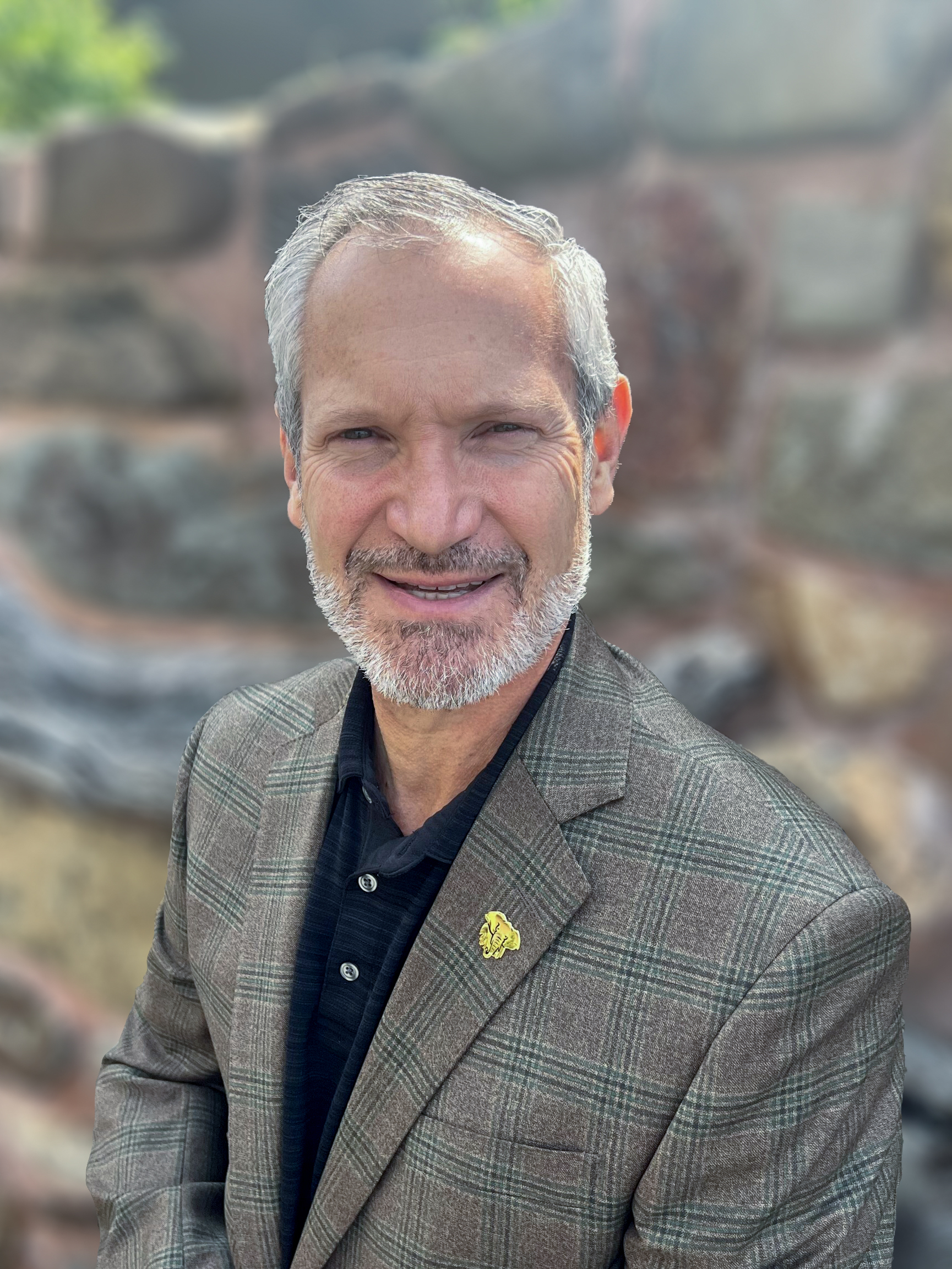News
.ashx)
What keeps you awake at night? Do you toss and turn for hours, sometimes until sunrise, rerunning today or dreading tomorrow. It could be something you ate or drank, or think about or feel.
Worries? Stress? Pain? That slice of chocolate cake you gobbled before bed? Medicines you’re taking? Anxiety or depression? The list of triggers of insomnia is long and exhausting.
One thing that you should know-- if you often miss out on a sound sleep, called insomnia, your health could be in danger. Medical science indisputably links prolonged sleep deficit to the development of obesity, heart disease, depression and early dementia, among other disorders.
How common is insomnia?
About a third of Americans suffer from insomnia at some time in life, says St. Luke’s psychiatrist and sleep expert Milena Goldshmidt, MD. She defines this disorder as the inability to fall asleep or stay asleep that lasts at least one month (acute) or three or more in a row (chronic). Recent studies suggest that most people need seven hours of slumber every night. Anything longer or shorter is unhealthy, even life-limiting for most people in extreme cases.
Insomnia can strike anyone from childhood through old age. Women suffer from it more than men. As we age, our chances of having interrupted or delayed sleep increases as our lives, medications, bodies and daily routines change.
“Pre-bedtime habits are a huge cause of insomnia,” Dr. Goldshmidt explains. “Watching TV in bed, lying around for hours and dozing before bedtime, using personal, digital ‘screens’ while sitting in the sack have all been shown to increase sleeplessness. Beds should only be for sex and sleeping.”
Anxious thoughts about getting to sleep (or back to sleep) and clock-watching can also trigger or extend insomnia, Dr. Goldshmidt adds, as can caffeine or alcohol too close to bedtime. “Those negative thoughts can snowball into a real problem.”
Beating insomnia
For mild sleeplessness, deep breathing, meditation and, yes counting sheep can bring on sleep. More serious cases may require medical help.
Cognitive behavior therapy is the gold standard treatment for this condition. During six to nine sessions, a patient meets with a psychiatrist or psychologist who coaches them about documenting sleep quality and sleeplessness, practicing healthy sleep hygiene of turning in only when feeling sufficiently fatigued and changing their thoughts about sleep. “Patients also receive tools like pointers for distraction and relaxation,” Dr. Goldshmidt says.
Sleep medications can be helpful, but the side effects can range from inconvenient to downright dangerous. Ambien, for example, says Dr. Goldshmidt can cause amnesia, sleep-walking or even driving while dozing. “It also can cause confusion and is habit forming.” She prescribes this drug sparingly and only for short durations.
Melatonin, a hormonal supplement, shifts sleep patterns regulated by circadian rhythms and is useful for persons who work irregular hours. “But it’s not a sleep aid,” says Dr. Goldshmidt, “And it must be used at appropriate times or it won’t help.”
So, as you prepare for bed tonight—to go to sleep-- take time to wind down and reduce stimuli. Avoid exercise or exciting social interaction for a few hours. Lower the lights, turn off the ‘tubes,’ and be sure you’re truly feeling tired before sliding between the sheets.
And if you nodded off before getting to the end of this article, go back and read it again. Learn how to rest easy tonight and every night, because your health depends on it.


